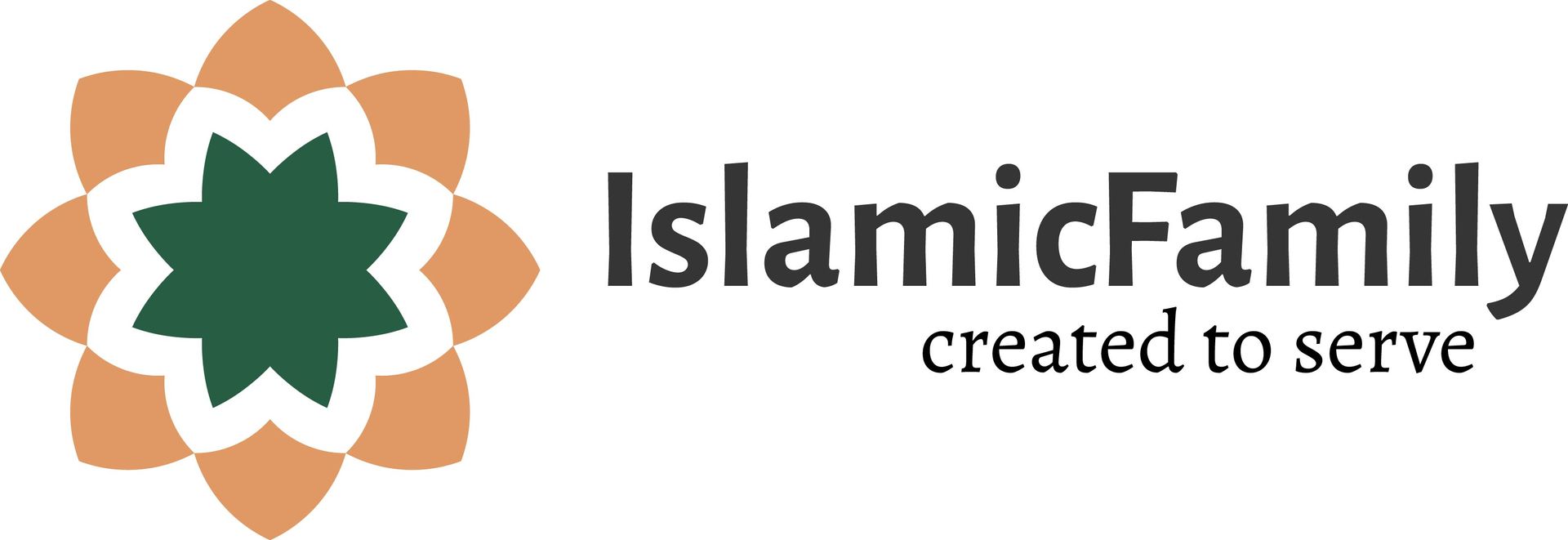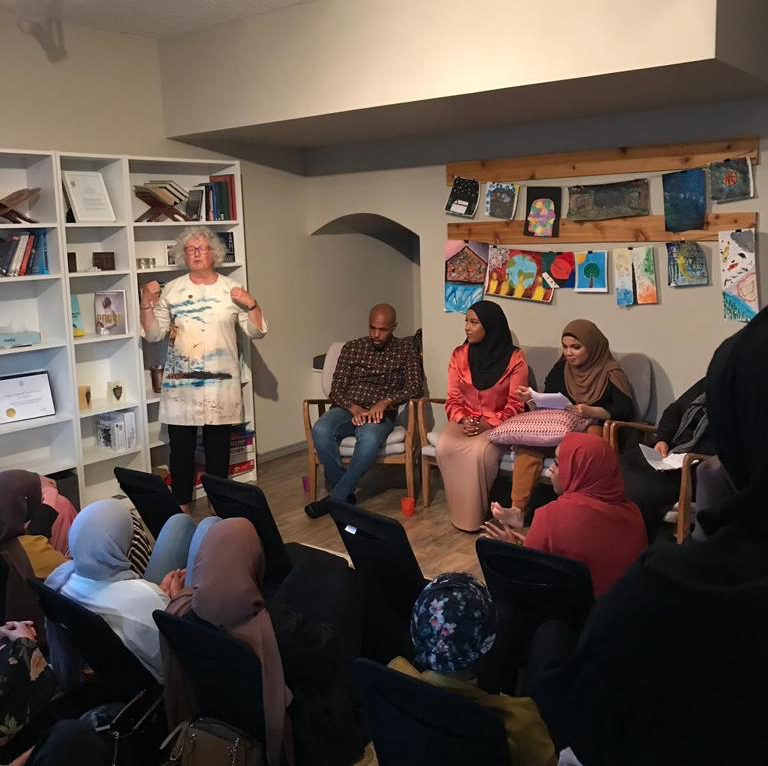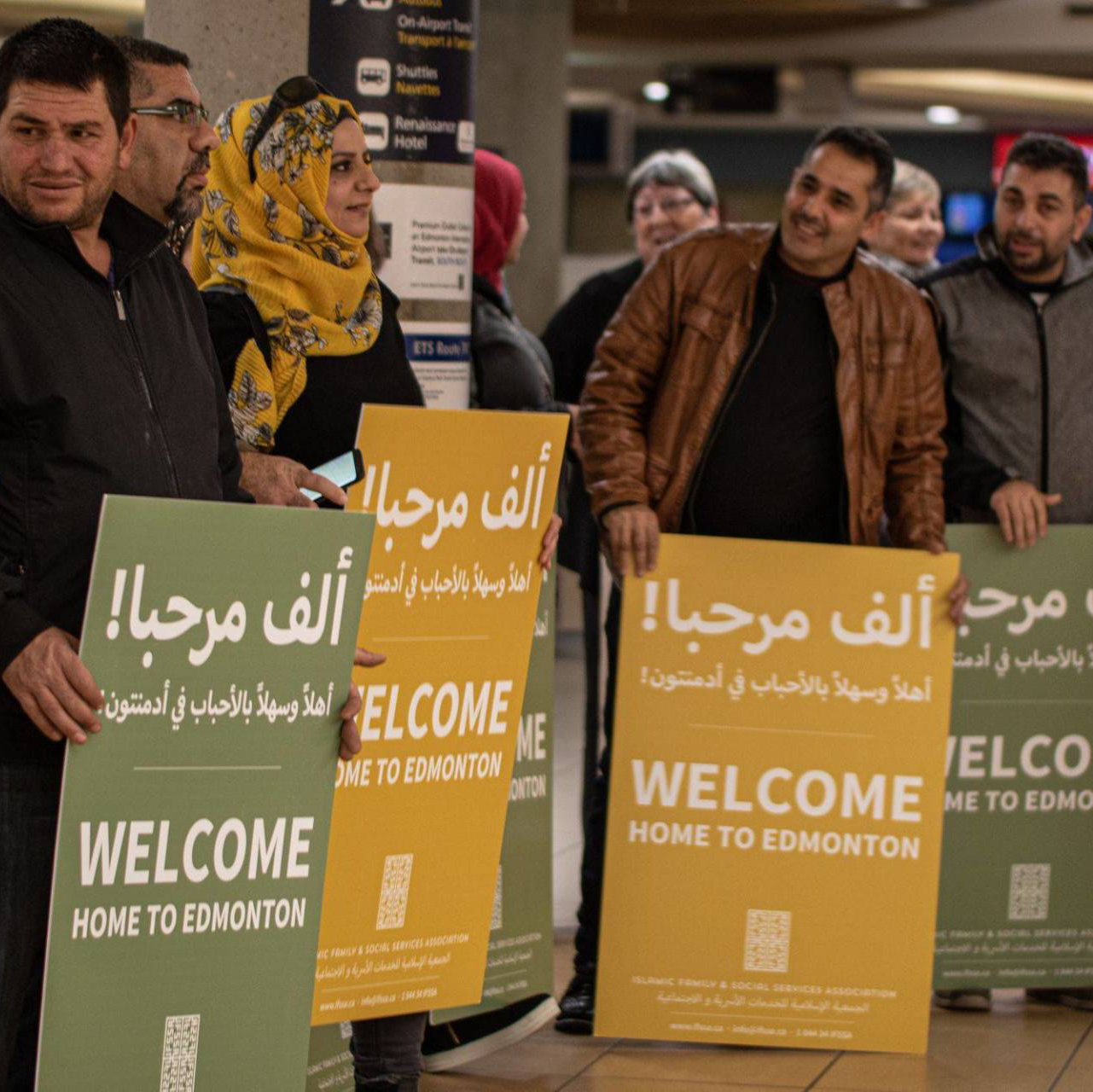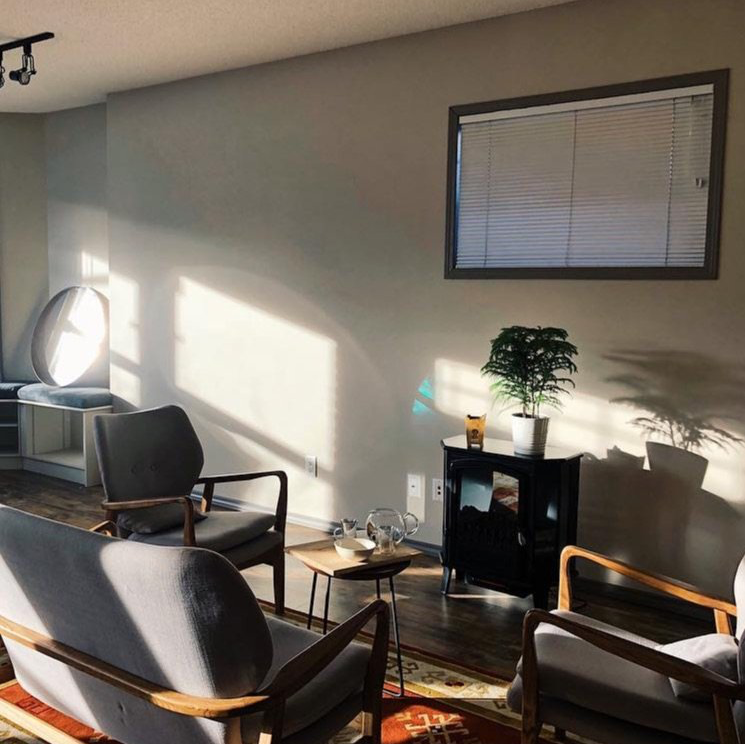GIVE HOPE. PROVIDE OPPORTUNITY.
We've added a new way to make it easier and more cost effective for you to donate
FIDYA
$16.40/day
ZAKAT UL FITR
$13.89/person
FOOD HAMPER
$70/hamper
SUPPORT OUR PROGRAMS
Donate directly towards one of our programs, and support the community to flourish!
Support outreach and advocacy work for those experiencing domestic and intimate partner violence
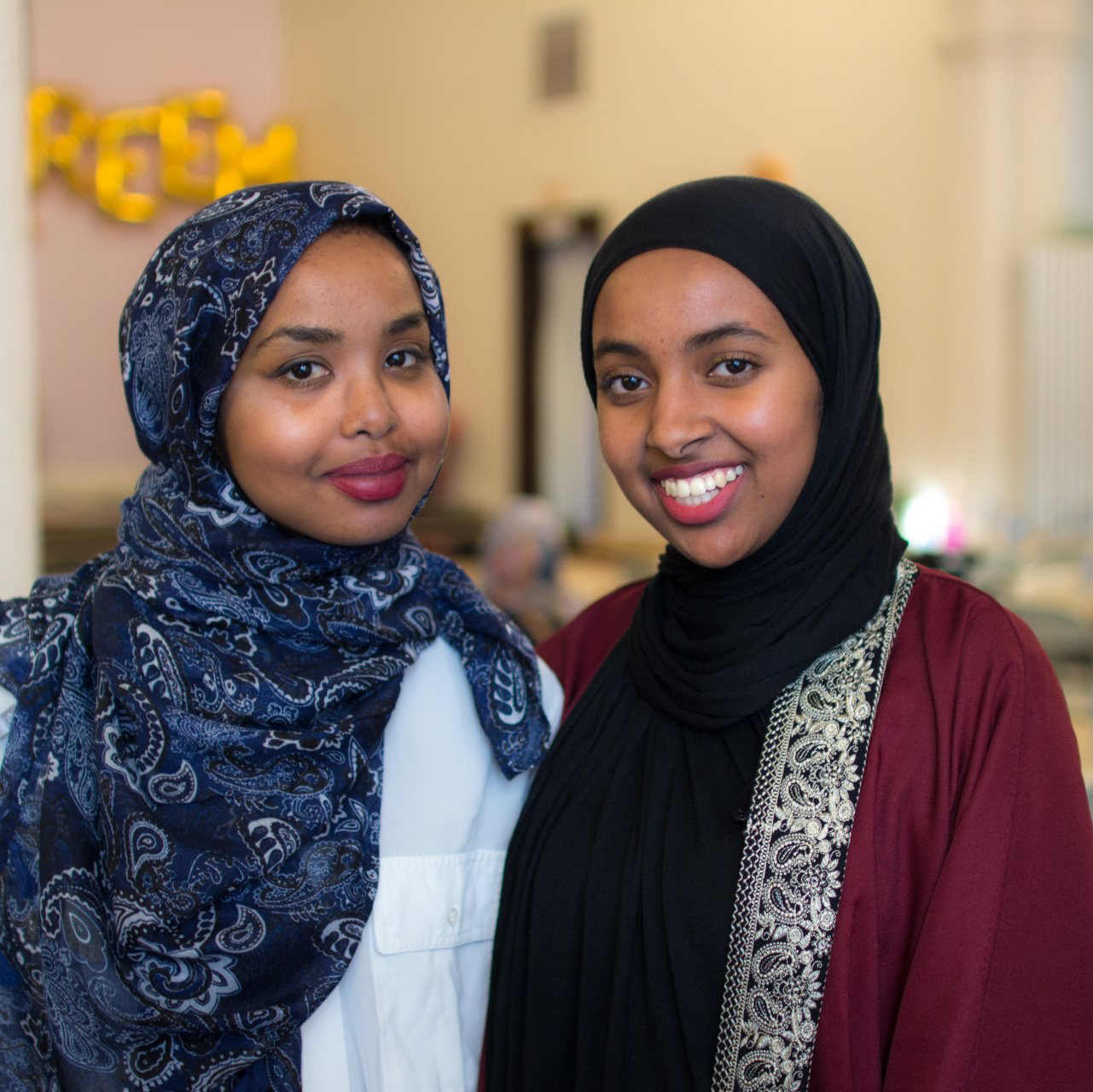
Mental Health
Support easy access to counselling and mental health resources
IFSSA's Zakat Policy
- WHAT IS THE DIFFERENCE BETWEEN ZAKAT & SADAQA?
Zakat (or Zakat Ul Mal) is an obligatory element of Islam, and requires that Muslims who have certain amounts or types of wealth under specific conditions give a portion of those possessions to specific categories of individuals. For IFSSA, zakat refers only to money given to IFSSA by zakat-eligible individuals who want IFSSA to redistribute this money to the poor and needy.
Sadaqa refers to charity given to IFSSA for distribution in a discretionary manner and may be used by the organization for feeding the homeless, covering operating costs, running programs and the like.
- HOW DOES IFSSA USE ZAKAT FUNDS?
After confirming a client's elegibility for zakat, IFSSA will ask zakat eligible recipients for authorization to direct their zakat toward short-term financial relief, food hampers or other services (not covered by IFSSA’S other funding sources).
- HOW DOES IFSSA DETERMINE ZAKAT ELIGIBILITY?
During the client intake process5, IFSSA will ask questions to ascertain the financial situation and needs of the client - this would include, but not be limited to:
- The amount of wealth they have once all debts and land holdings (other than current place of residence) are considered. This will be substantiated by T4s and/or other documentation. (IFSSA will not ask about jewelry or similar holdings.
- (Potential) Access to government support.
- Severity of need.
- Prior use of service (existing clients will have less of a priority than new ones with comparable needs).
Based on this information, IFSSA can i) determine zakat eligibility and ii) prioritize clients based on need.
Being zakat eligible does not guarantee one will receive zakat – In the event of limited funds, higher needs cases will receive priority. The rationale for prioritizing clients is due to the limited amount of zakat available and desire to serve those in the greatest need.
- WHAT IS ZAKAT UL FITR?
Zakat-ul-Fitr, a nominal sum equivalent to the value of one meal, that is paid by every capable Muslim in Ramadan. It bares the same conditions as zakat-ul-mal, with the additional restrictions that it must be dispersed in the month of Ramadan before the beginning of Eid. IFSSA uses zakat-ul-fitr to provide additional food to its regular hampers with an emphasis on in-demand and long-lasting items like meat, cooking oil, dates and staples.
- WHAT IS FIDYA?
Fidya, which is payment made to expiate fasts, is treated the same manner as zakat-ul-fitr; it is directed towards topping up IFSSA’s regular food hampers with additional goods during the month of Ramadan.
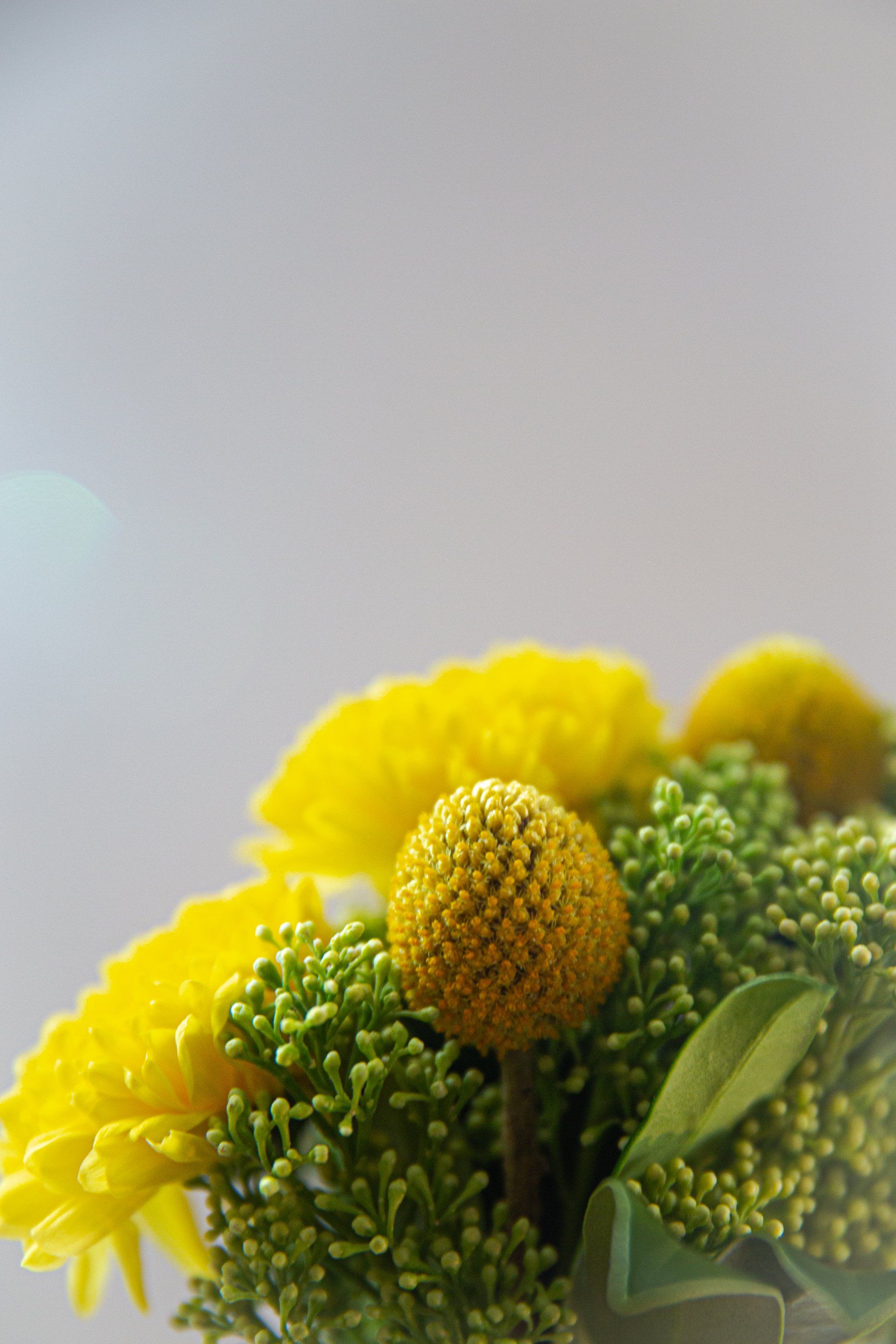
Donations In Action
Meet Sarah
- Food Hampers
- Rent Costs
- Utility Bills
- Medical Bills
- Outreach & Advocacy
All Rights Reserved Islamic Family & Social Services Association
